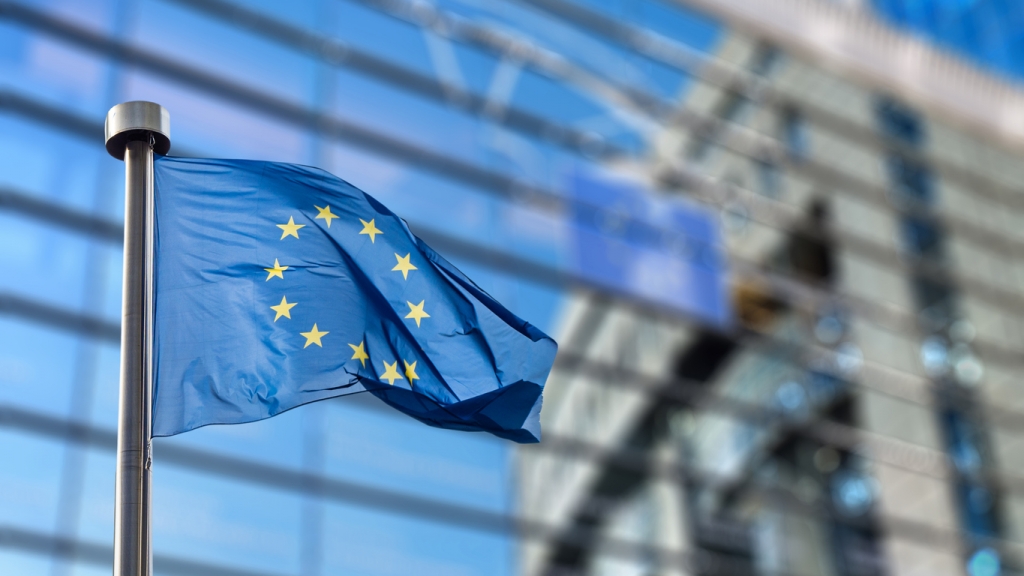
The EU want to chante the VAT system for the taxation of trade between member states. The proposed Council Directive (EU) on VAT is currently in the interdepartmental comment procedure. The Ministry of Finance of the Slovak Republic (“MFSR”) has issued a due preliminary opinion in the matter, in which it expresses its reservations about individual substantive changes. TPA Tax Expert and partner of TPA Slovakia will explain the most important points in this article.
Changes at taxation of trade between EU member states
The proposal includes the following basic areas of substantive changes:
1. Single Payment: Intra-community supply of goods
The principle of a single payment (“intra-community supply of goods) which will be taxed according to the destination principle, i.e., in the destination member state. This amendment proposes abolishing the obligation to submit EC Sales Lists.
The MFSR has reservations about abolishing the obligation to submit a EC Sales Lists even if two transactions merge into one (intracommunity acquisition of goods and intracommunity supply of goods), as supervision of the movement of goods is imperative in order to combat tax evasion as well as for correctly determining the place where the goods are to be taxed.
2. Who is obliged to pay tax on the supply of goods?
Persons obliged to pay tax on the supply of goods to another member state (intracommunity supply of goods)– customers shall be obliged to pay tax if they are certified taxable persons (assigned CTP status); otherwise, tax on the intracommunity supply of goods shall be paid by the supplier.
The MFSR has reservations about the proposed concept because the tax collection process becomes more complicated and expensive (whether in terms of tax collection, checking the correct application of VAT, and the tax deduction system). The MFSR has also drawn attention to the negative cash flow of businesses, which will be obliged to pay tax on supplies, instead of the current tax exemption of intercommunity supply of goods.
3. One Stop Shop System for B2B transactions
Introduction of a one-stop shop (OSS) system for transactions between two taxable persons (B2B transactions). If a taxable person is not a resident in the member state where tax is due, such a person will be able to file a tax return and pay the tax through a one-stop shop. In practice, it will be rather problematic to quickly identify taxable persons (suppliers) who do not pay tax because they are established taxable persons in a different member state, and the member state of destination will have to rely entirely on the member state of establishment to make efforts to ensure that tax is collected for the other member state.
Administrative cooperation between member states is currently a weak link in the VAT system of the EU and therefore, according to the MFSR, the proposed concept increases the risk of fictitious tax deductions.
4. Certified taxable Person (CTP status)
Certified Taxable Person concept (CTP status) – the MFSR is against establishing certification of taxable persons, since this would create a further registration system (assignment of CTP status) in a VAT system where VAT registration already exists, thereby complicating the existing system.
5. Others: Reverse Charge mechanism
Other amendments – a proposal regarding the removal of a domestic reverse-charge-mechanism transferring a tax obligation to the buyer in certain cases. The MFSR does not agree with the specified proposal, as it is an effective tool for combating tax evasion.
The Directive and the related amendments should be implemented into the local VAT Act with effect from 1 July 2022.
